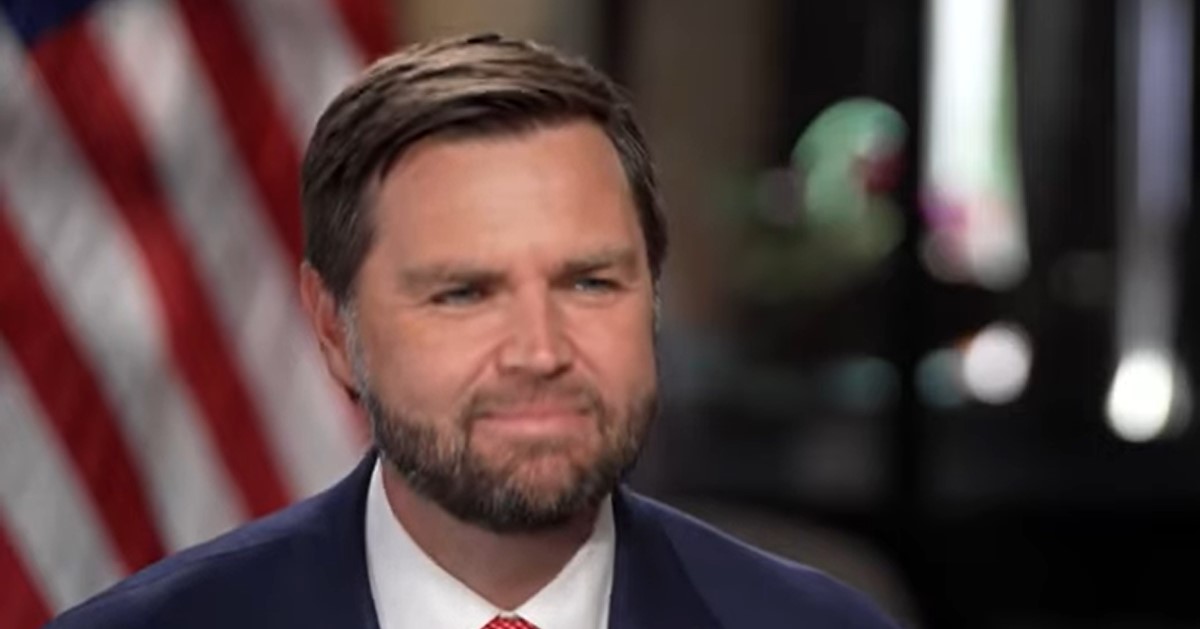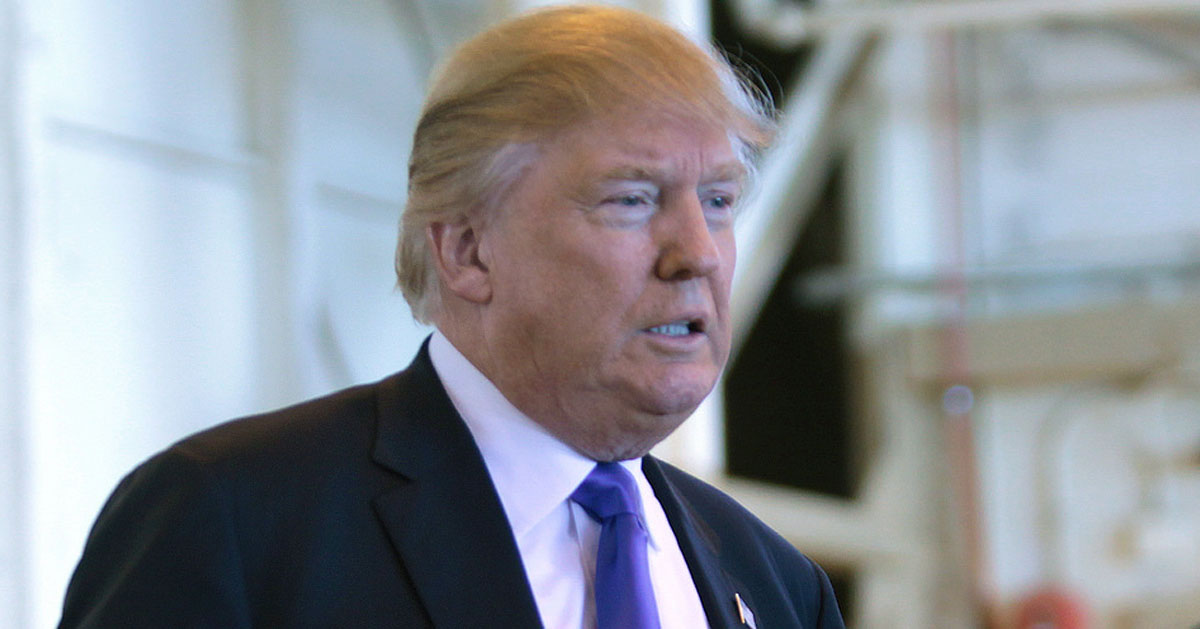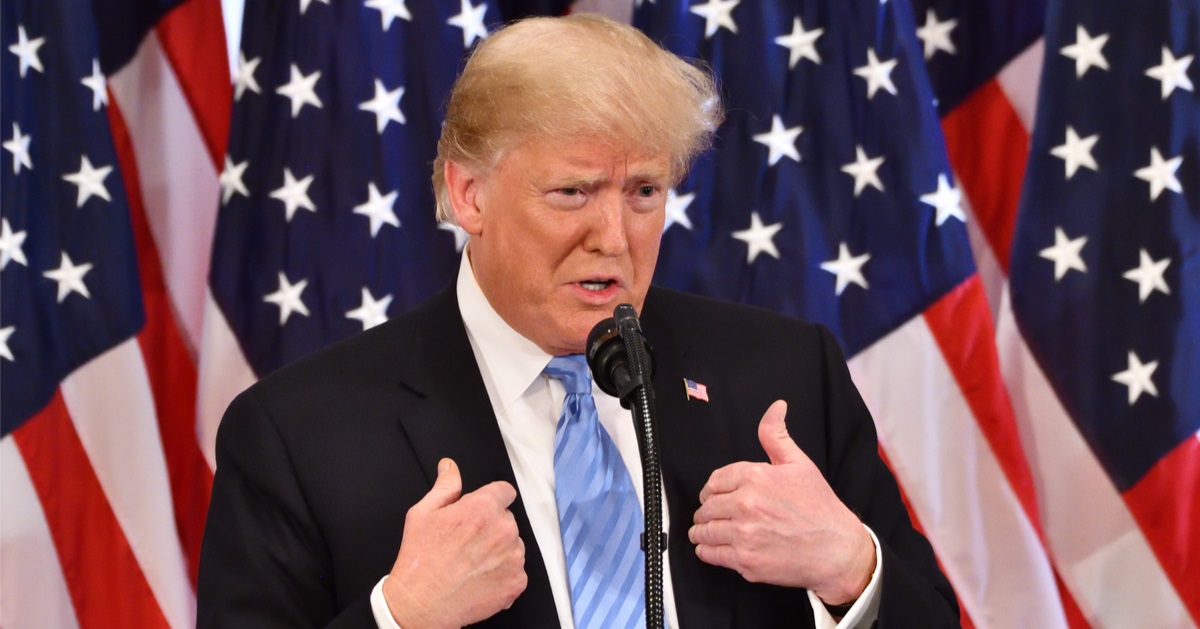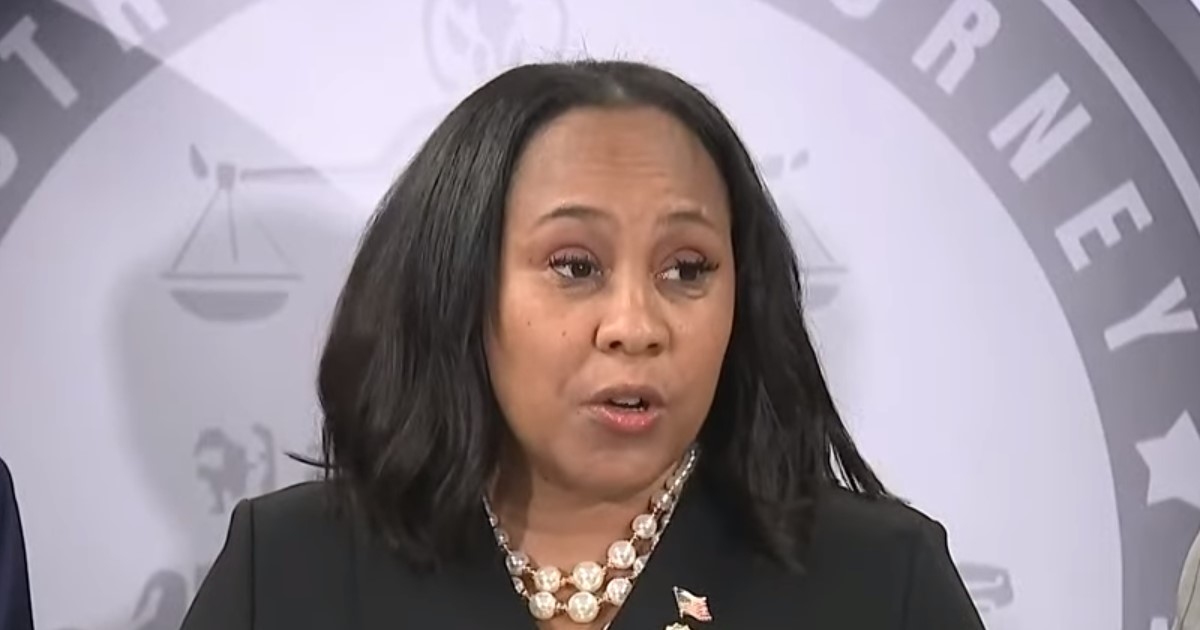Experts suggest that Supreme Court is set to overturn landmark 1935 case
The Supreme Court is set to hear arguments over President Donald Trump's firing of Federal Trade Commission (FTC) Commissioner Rebecca Kelly Slaughter.
The ramifications of that could extend beyond Slaughter's future, as some observers say it will lead to a major precedent being overturned.
Legal expert points to 1935 case
According to Fox News, the case in question is Humphrey's Executor v. United States, which was decided by America's highest judicial body in 1935.
The ruling imposed clear limitations surrounding the authority of a president to remove officials who have been appointed to independent agencies like the FTC.
Hans von Spakovsky is a legal fellow at the conservative Heritage Foundation, and he predicted that Humphrey's central holding is not long for this world.
"The Constitution says the president is the head of the executive branch," von Spakovsky explained in a statement to Fox News.
Law professor says implications go beyond the FTC
"That means, just like the CEO of a big corporation, they get to supervise and run the entire corporation, or in this case, the entire executive branch, and you can't have Congress taking parts of that away from him and saying, ‘Well, they’re going to keep doing executive branch things, including law enforcement, but you won’t have any control over them,'" he continued.
Meanwhile, South Texas College of Law professor Joshua Blackman indicated that other independent agencies will feel the impact if Humphrey's is overturned or narrowed.
"I think this ruling will necessarily reach beyond the FTC," Blackman stated. "The only question is whether they maintain that the Federal Reserve is different."
Thomas: Supreme Court precedent is not "gospel"
"At some point we need to think about what we're doing with stare decisis," USA Today quoted Thomas as telling listeners at Catholic University's Columbus School of Law this past Thursday.
"And it's not some sort of talismanic deal where you can just say 'stare decisis' and not think, turn off the brain," the Republican-appointee stressed.
Instead, Thomas suggested that "the precedent should be respectful of our legal tradition and our country and our laws and be based on something, not just something that somebody dreamt up and others went along with."
"I don’t think that I have the gospel, and I don’t [think] that any of these cases that have been decided are the gospel," he declared.






